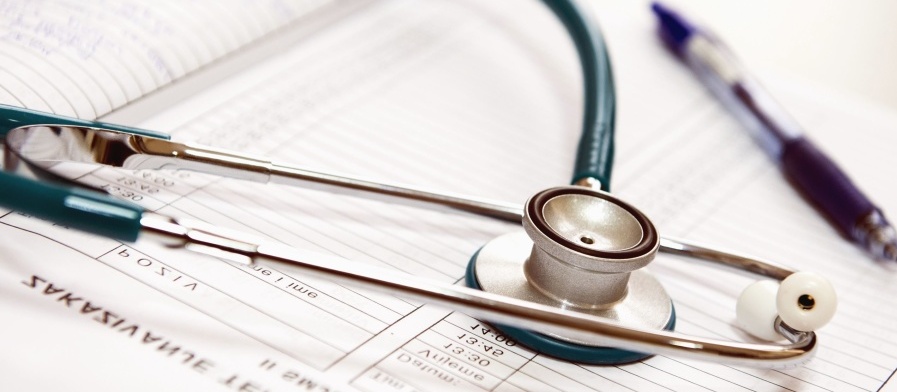As part of the recent Budget, the Government announced two major initiatives in healthcare sector, as part of Ayushman Bharat programme. The Union Minister for Finance and Corporate Affairs, Arun Jaitely while presenting the General Budget 2018-19 in Parliament said that this was aimed at making path breaking interventions to address health holistically, in primary, secondary and tertiary care systems, covering both prevention and health promotion.
The initiative of The National Health Policy, 2017 has envisioned Health and Wellness Centres as the foundation of India’s health system. Under this 1.5 lakh centres will bring health care system closer to the homes of people. These centres will provide comprehensive health care, including for non-communicable diseases and maternal and child health services. They will also provide free essential drugs and diagnostic services. The Budget has allocated Rs.1200 crores for this flagship programme. Contribution of private sector through CSR and philanthropic institutions in adopting these centres is also envisaged.
Piramal Swasthya, an initiative under the aegis of Piramal Foundation, launched ‘104’ Arogya Sahayavani Health Helpline in Bengaluru. They have been providing affordable and accessible healthcare to the most vulnerable sections of the community in Karnataka through the Helpline since 2013.
Since inception, 104 Arogyavani has received over 20 million calls, and has provided round-the-clock health and medical advice to 8.1 million cases. The rate of repeat calls is over 59%. The helpline has served around 19.1% cases pertaining to communicable diseases and around 80.8% non-communicable disease cases. More than one lakh calls were provided counselling services. Approximately 73,000 calls were catered to, and around 10,000 calls were grievance calls.
Diversey Care designed a soap recycling program using discarded soap from hotels which is made into reconstituted bars of soap. These are then distributed to households in poor communities that do not have access to basic sanitation and healthcare.
Access to soap is the easiest and most cost-effective way to provide basic sanitation to these communities. Recycling used hotel soap is not a new idea; however, the costs are usually high due to collection, shipment, a centralised reprocessing plant and redistribution.
“Diversey aims to create a difference and impact millions of lives by 2020. In 2017, Diversey has partnered with 17 different chains of Hotels across India in 85 Five – star properties. It has succeeded to collect more than 11.3 tons of soap out of which 7.6 tons of soap was recycled and 3.8 lac soap bars were distributed. We are looking to tie up with more NGO’s that work for communities where the focus is on livelihood, health and hygiene which will help them connect with people who live in disadvantaged locations and have been exploited in the past.This programme provides livelihood to the employees of this programme, supports communities by distributing recycled soap and support hotel chains by collecting their waste soaps,” says Himanshu Jain, President APAC, Diversey Care.
ICICI Lombard General Insurance, introduced a health insurance app ‘IL TakeCare’ in collaboration with Practo, the leading healthcare platform.
The app meets key customer requirements with respect to their primary healthcare needs. This includes hassle-free, real-time claim authentication of expenses such as doctor consultation, medical tests, pharmacy spends etc. It also empowers the user to access a cashless network comprising of specialised doctors.
A growing healthcare market, increased penetration and new models of service delivery are driving the Indian health insurance industry, which is poised to reach Rs 500 billion by 2021 at a CAGR of 20 per cent. Having said this, lack of outpatient coverage is a major inhibiting factor for growth, with two-third of medical expenses classified as out of pocket. As per estimates, standalone outpatient care in terms of size would be 6 times of the current health insurance market. Drugs, diagnostics, consultations and tests primarily constitute out-of-pocket-expenses. In India, outpatient expenses are met through personal income and savings, raising the issue of ability of OPD patients to pay for various medical services. In fact, as per experts, about 3.5 per cent of population is below the poverty line because of out-of-pocket expenses, which can decline to 0.5 per cent if out-of-pocket payments on outpatient care are excluded.
Thank you for reading the story until the very end. We appreciate the time you have given us. In addition, your thoughts and inputs will genuinely make a difference to us. Please do drop in a line and help us do better.
Regards,
The CSR Journal Team
Subscribe


